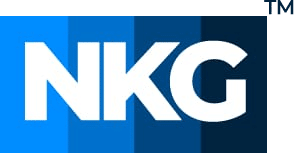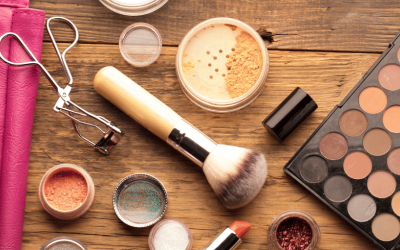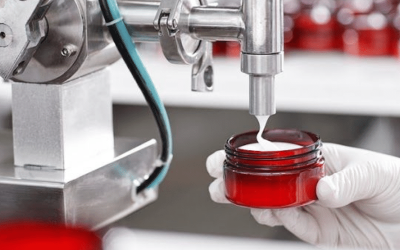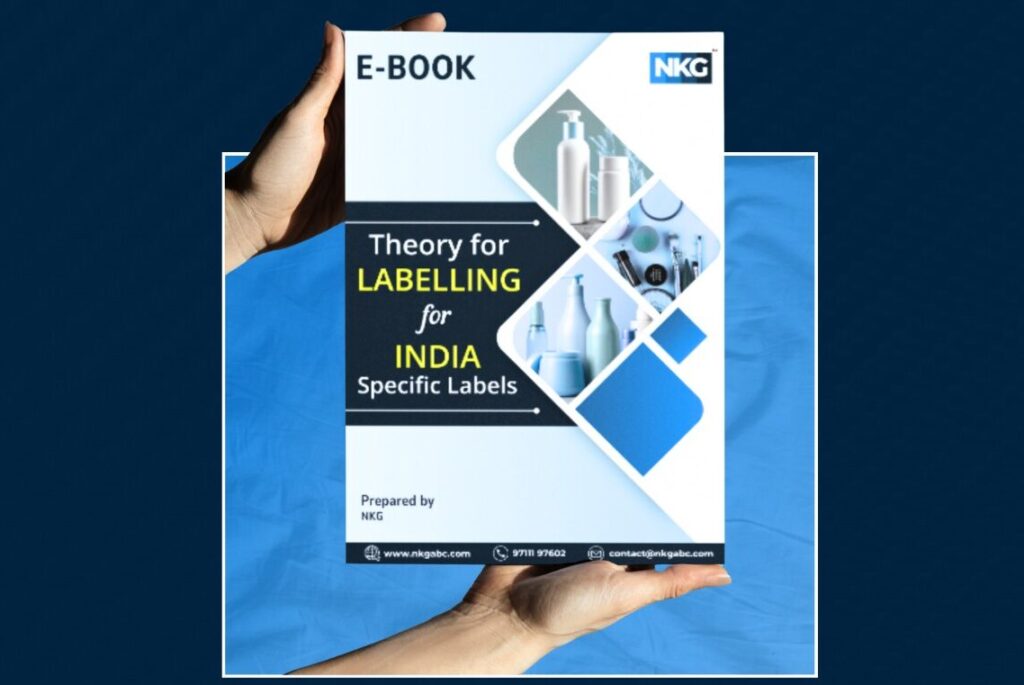Introduction
If you’re a cosmetics brand looking to enter the lucrative Middle Eastern market, registering your products in Dubai is likely high on your priority list. The United Arab Emirates (UAE), with Dubai as its commercial hub, is a strategic gateway to the region, offering access to a wealthy consumer base and opportunities for further expansion.
However, navigating the cosmetic registration process in Dubai can be a daunting task, rife with potential pitfalls that can delay or even derail your efforts. From stringent regulatory requirements to cultural sensitivities, there are numerous factors to consider to ensure a smooth and successful registration journey.
In this comprehensive guide, we’ll explore the common pitfalls that cosmetic brands often encounter when registering their products in Dubai, and provide valuable insights to help you avoid these pitfalls and streamline your registration process.
Common Pitfalls to Avoid When Registering Your Cosmetics in Dubai :
1. Underestimating the Importance of Regulatory Compliance
One of the most significant pitfalls in cosmetic registration in Dubai is underestimating the importance of regulatory compliance. The UAE has a robust regulatory framework governed by the Emirates Conformity Assessment Scheme (ECAS), which sets strict standards for the safety, quality, and labeling of cosmetic products.
Failure to comply with these regulations can result in significant delays, penalties, or even the outright rejection of your product registration application.
It’s crucial to familiarize yourself with the ECAS requirements, which cover various aspects such as product composition, ingredient restrictions, testing protocols, and labeling guidelines.
To avoid this pitfall, it’s advisable to work with a reputable regulatory Affairs Organization or a local partner who has in-depth knowledge of the UAE’s cosmetic regulations.
They can guide you through the intricate requirements, ensuring that your product formulations, labeling, and documentation meet the necessary standards from the outset.
NKG has helped more than 7000 brands worldwide for Regulatory compliances in India and Middle East.
2. Inadequate Product Testing and Documentation
Another common pitfall in cosmetic registration in Dubai is inadequate product testing and documentation. The ECAS requires comprehensive test reports and supporting documentation to validate the safety and quality of your cosmetic products.
Insufficient or incomplete testing data can lead to delays or rejections during the registration process. It’s essential to conduct thorough product testing, including stability studies, microbial analysis, and safety assessments, in accordance with the UAE’s regulatory requirements.
Additionally, meticulous record-keeping and documentation are crucial. All test reports, product formulations, ingredient specifications, and manufacturing processes must be well-documented and readily available for submission to the authorities.
To avoid this pitfall, it’s advisable to work with accredited testing laboratories and experienced regulatory Affairs Company who can ensure that your product testing and documentation meet the UAE’s stringent standards.
NKG Deeply understands the testing requirements for Middle East and can help streamline this part of the process to save time.
3. Overlooking Halal Certification Requirements
In line with the cultural sensitivities mentioned above, overlooking the importance of Halal certification can be a significant pitfall for cosmetic brands in Dubai.
Many consumers in the UAE prefer products that are certified as Halal, which means they comply with Islamic principles and are free from prohibited substances.
Obtaining Halal certification is not a legal requirement for cosmetic registration in Dubai, but it can provide a competitive advantage and increase consumer acceptance, particularly in the Middle Eastern market.
Failing to consider Halal certification may limit your product’s appeal and potential market share in the UAE and broader region.
To avoid this pitfall, it’s advisable to explore Halal certification options for your cosmetic products.
Work with reputable Halal certification bodies recognized by the UAE authorities, and ensure that your product formulations, manufacturing processes, and supply chain adhere to Halal principles.
Your Simplified Guide - Download Now
Download our simplified guide to understand the Common Pitfalls While Registering Cosmetics in Dubai. Streamline your licensing journey and ensure compliance with ease.
Conclusion
Registering your cosmetic products in Dubai can be a rewarding endeavor, providing access to the lucrative Middle Eastern market and paving the way for further expansion.
However, the journey is not without its challenges, and navigating the intricate regulatory landscape and cultural nuances requires careful planning and execution.
By being aware of the common pitfalls outlined in this guide, such as underestimating regulatory compliance, overlooking cultural sensitivities, inadequate product testing, and failure to adapt to local market dynamics, you can position your brand for success in the Dubai cosmetic market.
Embracing a proactive approach, seeking guidance from experienced local partners and regulatory consultants, and fostering a culture of continuous improvement and innovation will be instrumental in overcoming these pitfalls and establishing a strong, compliant, and culturally relevant presence in the UAE.







